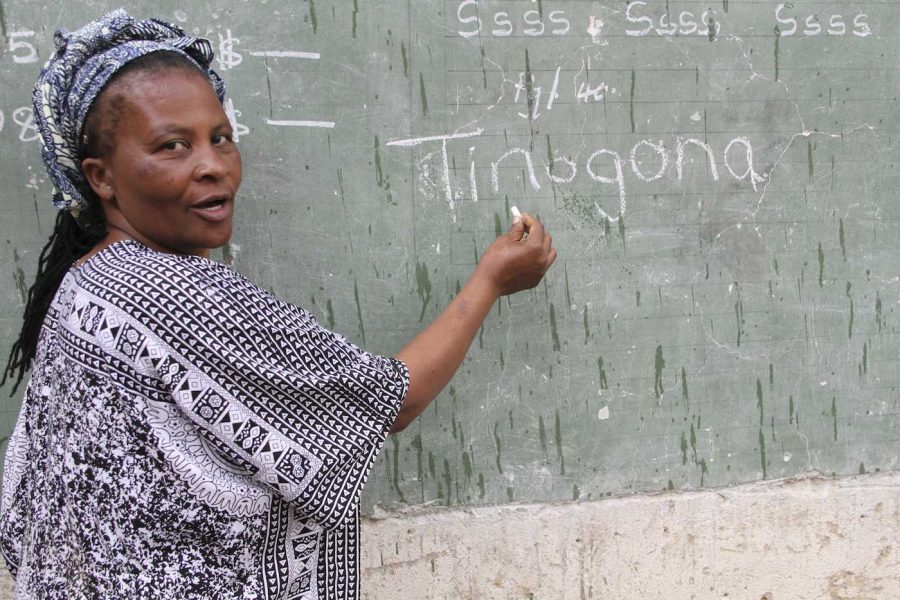Nigerian physicist Rabia Salihu Sa’id has four hours every day to find out how deforestation on temperature.
Bayero University in Nigeria, where Sa’id does her research, provides her four hours of electricity and thus only four hours per day to conduct her studies.
“Think! You are concentrating, and the power goes off!” Sa’id said, in an interview with the National Public Radio. “The ideas are gone by the time you come back. It’s difficult —you have to start all over again.”
Though Sa’id faces great limitations on a daily basis, the American Association for Advancement of Science recently awarded her for this deforestation work and her research in science, technology, engineering and math (STEM) fields.
Sa’id is just one example of how women in not only developed countries like the U.S., but even women in developing countries, are making progress in STEM fields.
As stated by the National Science Foundation, women earned 40 percent of science and engineering doctoral degrees in 2006, compared to eight percent in 1958.
Furthermore, according to the United Nations Educational, Scientific and Cultural Organization, the percentage of female secondary teachers in Zimbabwe increased from 29 percent in 1986 to 82 percent in the 90s.
Howevhese steps, however, may not be great strides, but rather little steps, few and far between. Th
Dr. Tererai Trent, a Zimbabwean woman, who found an unlikely but successful education in America and spoke at Hockaday last year, has worked to build a school in Matau, Zimbabwe, to contribute to this improvement.
“It is very clear that there are very few women [in Zimbabwe] working in the STEM fields,” Trent said. “Due to funding and poor curriculum, many rural schools in Zimbabwe are not proactive about math and science courses, and by the time many girls get to college, they will not pursue any field that requires math because they lack the mathematical tools needed.”
Trent calls for more mentorship and female role models in not only Zimbabwe but the world as a whole.
In a study done by Midlands State University in Zimbabwe, 98 percent of Zimbabwean female students interviewed said the “lack of exposure to women role models in mathematics” negatively influenced their interest and participation in the subject.
“Because there are very few STEM female mentors, young women are at a loss as they fail to find support and role models, who could encourage them to pursue STEM fields,” Trent said.
The rise of women in STEM fields contains much untapped potential, as women make up nearly half of the global workforce. Trent believes that both Hockaday and the Matau school, as well as many other schools everywhere, “can do [their] part and enable girls to access STEM fields [with a] well defined middle and high school curriculum that focuses more on STEM fields, as these subjects prepares the girls for higher education.”
Trent believes women working in STEM fields ultimately ensures gender equality and benefits society as a whole.
“Supporting girls’ early learning in STEM disciplines is important to ensure gender [equality] in our society,” Trent said. “Women should be part of the STEM workforce because they have so much to offer to the world.”







